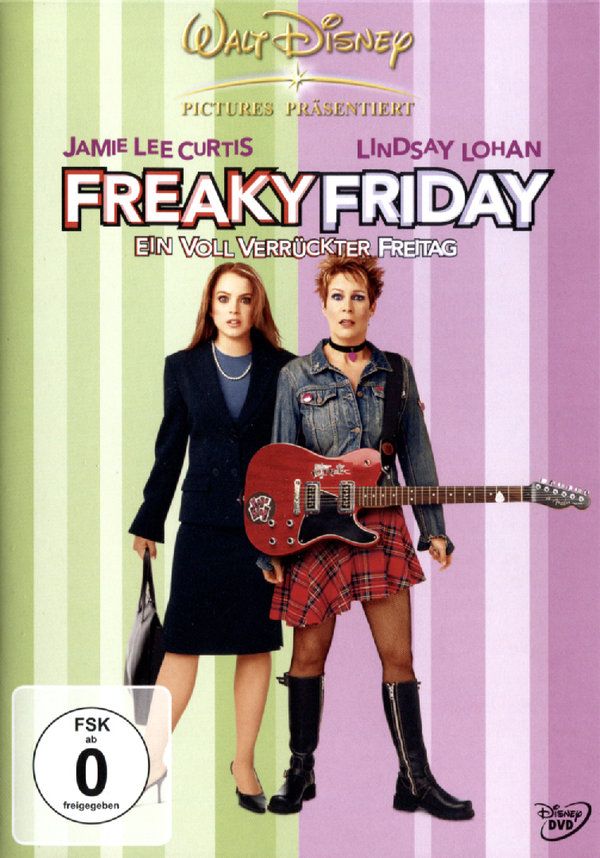The Cultural Impact of Freaky Friday: A Phenomenon of Identity Swap

Introduction to Freaky Friday
The concept of ‘Freaky Friday’, primarily known from its various film adaptations, revolves around the intriguing theme of identity swapping. This narrative device, where characters inexplicably exchange lives, presents a unique opportunity to explore interpersonal relationships, societal expectations, and self-discovery. Since its original publication in the 1972 novel by Mary Rogers, this idea has resonated with audiences, reflecting cultural shifts and providing both entertainment and moral lessons.
The Evolution of the Story
Freaky Friday has witnessed multiple retellings, the most notable being the 2003 film starring Lindsay Lohan and Jamie Lee Curtis, which brought the story into the modern age. This version updated the story to reflect contemporary family dynamics and teenage struggles, making it relatable for a new generation. It achieved both commercial success and critical acclaim, with many praising the performances of its lead actors and the light-hearted yet meaningful narrative. Recently, discussions regarding a possible reboot or sequel have emerged, indicating the story’s enduring popularity.
Thematic Analysis
The fundamental theme of Freaky Friday addresses the often tumultuous relationship between parents and their children. The forced exchange of roles compels both parties to understand each other’s perspectives. Through the chaos and challenges of living in someone else’s shoes, characters undergo significant personal growth, ultimately fostering empathy and communication within their relationships. The emphasis on understanding and connection resonates particularly well in today’s fast-paced, technology-driven world, where personal interactions can often become strained.
Recent Cultural Resonance
In recent months, Freaky Friday has resurfaced in discussions surrounding identity and mental health, particularly in light of the ongoing conversations about understanding oneself and others in today’s society. The themes resonate strongly with issues such as mental health awareness and the complexities of modern life. New adaptations in various media, including stage productions, continue to keep the narrative alive, indicating that the story and its lessons are still relevant.
Conclusion: The Significance of Freaky Friday
Freaky Friday remains a potent cultural phenomenon, serving as an entertaining story with deeper themes of understanding and connection. As it continues to inspire new generations through film, theatre, and literature, it encourages audiences to reflect on the importance of empathy and communication in their lives. As we look to the future, the possibility of new adaptations and reimaginings suggests that the core message of Freaky Friday will continue to resonate, making it a timeless tale of identity and family dynamics.
You may also like

The Importance of Storytelling in Modern Society

Understanding the Fall Season: Change, Beauty, and Tradition

Jay Z: The Evolution of a Music Legend
SEARCH
LAST NEWS
- Remembering Wendy Richard: The Promise to Co-Star Natalie Cassidy
- How Did Anglian Water Achieve an ‘Essentials’ Rating for Mental Health Accessibility?
- Shai Hope Leads West Indies in T20 World Cup Clash Against South Africa
- What We Know About Weston McKennie: Future at Juventus and Past at Leeds
- What We Know About the Upcoming Live Nation Antitrust Trial